|
HIV Obstruction by Programmed Epigenetics, or HOPE, released a video via HIV influencer Raif Derrazi's channel. The video is a result of active engagement with communities to increase awareness around HIV research, cure approaches, and to understand community concerns around treatment and curative medicine. Link of Education News By Jan Oakley Dr. Pauline Sameshima (Professor, Faculty of Education) has been awarded the Post Secondary Teacher of the Year, 2022 award by the Ontario Art Education Association (OAEA).
The OAEA recognizes excellence in Visual and Media Arts education, and honours visual art schools and community educators who exemplify standards of quality in art education in Ontario. Pauline was nominated for the award by Andrew Dean, Vice President, Research and Innovation at Lakehead University, for her numerous and significant contributions to the arts. As written in the nomination letter: "Since her arrival as the Canada Research Chair in Arts Integrated Studies (a first in this field) at Lakehead University in 2012, Pauline has continued to promote the arts and alternative representations of research knowledge as ways to engage and stimulate thought, conversation, and learning across wide audiences, disciplines, and communities. Her work provides extensive opportunities for artistic expression and learning, and introduces new artistic techniques and arts integrating methodological approaches to the university community, the Thunder Bay community locally, and internationally through the galleries she curates… Her leadership and contributions to art education here at Lakehead, in our community, and internationally through her research and curation are richly deserving of this award.” Some of Pauline’s notable achievements include:
Congratulations, Pauline! 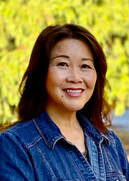 Dr. Pauline Sameshima (Professor and Canada Research Chair in Arts Integrated Studies) has received a 2022 Teaching Innovation Award from Lakehead University’s Senate Teaching and Learning Committee. The Committee highlighted Pauline’s implementation of the “the Slides Strategy,” a teaching technique that “stimulates high levels of engagement in students, allowing them to understand each other’s perspectives well and affording much more creativity and the ability to participate in reading assignments to a greater depth than existing alternatives.” The Teaching Innovation Award recognizes the development and/or implementation of innovative pedagogical practices and technologies. For an explanation of “the Slides Strategy,” please see the publication by Pauline Sameshima and Tashya Orasi, “What’s better than the asynchronous discussion post?” Congratulations, Pauline! Link to Education News Canada
Dr. Pauline Sameshima, a Professor in the Faculty of Education and the Canada Research Chair in Arts Integrated Research, is receiving a $97,950 Aid to Scholarly Journals Grant over three years, which will go toward increasing dissemination, discoverability and readership of the Journal of the Canadian Association for Curriculum Studies. "This funding will be used to pay the managing editor, five bloggers, a communications coordinator, and technology support," said Dr. Sameshima, who became the journal's editor-in-chief in 2015 with Dr. Holly Tsun Haggarty, a Lakehead alumna, as managing editor. This is the second Aid to Scholarly Journals Grant received by JCACS. In 2019, JCACS received $100,930 to develop innovations to build JCACS' community, support, and mentorship structures. JCACS expanded to 24 people including a French team. The journal also developed a Facebook community, a Twitter account, a YouTube channel, and a Medium publication. Dr. Sameshima said the registered number of users has grown from 448 in 2015 to 2,544 in 2021. In 2015 the total number of PDF downloads was 4,031, whereas in 2021 it was 29,965. JCACS publishes articles in English and in French (as RACEC) that address curriculum issues of interest to Canada and Canadians and an international readership. It is the journal of the Canadian Association for Curriculum Studies (CACS), which is a constituent association of the Canadian Society for the Study of Education. Lakehead's Research & Innovation Office has funded $2250 in LAIR Galleries Awards! Join us for our Climate Action in Action artist tours during the R&I Events! Below is "Deluge II" by Sandra Johnstone.
Lakehead researcher involved in international collaboratory tackling new approach to curing HIV8/30/2021 Monday, August 30 – Thunder Bay, Ont.
by Jacklyn Bucik Dr. Pauline Sameshima, Lakehead University’s Canada Research Chair in Arts Integrated Studies, is part of an international team of researchers recently awarded a five year, $26.5-million (USD) grant from the National Institutes of Health (NIH) to try a new strategy for curing HIV. Known as the HIV Obstruction by Programmed Epigenetics (HOPE) Collaboratory, the multi-institution collaboratory will be led by researchers at Gladstone Institutes, Scripps Research Florida, and Weill Cornell Medicine. Their approach, which aims to both silence and permanently remove HIV from the body, takes advantage of knowledge about how other viruses have become naturally inactivated over time. “This is a fundamentally different approach to targeting HIV than what everyone else has been trying,” said Dr. Melanie Ott, Director of the Gladstone Institute of Virology, and the program director and a principal investigator of the HOPE Collaboratory. “I think it’s extremely important for us to explore a broad range of scientific approaches to find the best cure for people living with HIV, as quickly as we can.” A world-leading expert in education and curriculum development using the arts, Sameshima will be a co-investigator working alongside Dr. Patricia Defechereux, the community engagement coordinator at HOPE, to develop the Community Arts Integrated Research (CAIR) plan. “It is so exciting to be part of this multi-disciplinary team of researchers that is taking this new approach to curing HIV,” said Sameshima. “My role on this team demonstrates the importance of educators on research teams and the necessity for collaborative interdisciplinary, diverse, and inclusive perspectives being valued in high-level research.” Utilizing the award-winning Parallaxic Praxis research model, which invites multiple perspectives and recognizes different forms of learning through artful and creative ways, Sameshima and Defechereux will work with community members to create innovative CAIR approaches that will not only enable the development of an HIV cure curriculum that resonates at local levels in different countries, and among historically under-represented groups in HIV research and educational effort (women, Black, Indigenous, and transgender individuals and people who use substances), but also allow for the scientists and medical field to learn about the needs of the populations they serve. The end goal is for learning and understanding to travel in multiple ways. The CAIR approach will see insights from communities disproportionately affected by HIV shared with scientists and others to develop new, culturally relevant community-generated curricula based on the HOPE scientific plan. The curricula will include stories, plays, documentaries, paintings, poetry, and other modes to stimulate conversation, provoke thinking, and provide feedback. Ultimately, these creative works will provide knowledge to communities and scientists on how to communicate HIV cure research to the broader public in multiple forms people may understand. Cure research can be shared through events such as public art displays, exhibitions and community gatherings. Imaginative lay-language for HIV cure will aid community understanding, satisfaction, and acceptance of research and ultimately HIV cure(s). “As we have seen with COVID-19 vaccine rollout, misinformation and unclear messaging are often the reasons why we see vaccine hesitancy,” explained Sameshima. “The arts are a unique and powerful vehicle for knowledge dissemination, one that will help to increase HIV cure literacy.” Sameshima will play a lead role in creating the HIV cure education curriculum (in collaboration with Defechereux, the HOPE scientific team, community partners and community members) to be used in the arts activities. She will design study cohorts; host CAIR training for HOPE staff who will conduct research; and co-lead the focus group cohorts with participants in the United States and other international sites. She will also conduct data analyses (in collaboration with artists and students) and art-making collectives. “The fact that arts integrated research is such a significant component of this ground-breaking research is extraordinary,” said Sameshima. “I am so grateful to Lakehead University for supporting my work in arts integration. I am honoured to be part of this high-calibre scientific team at the forefront of epigenetic research.” “Congratulations to this international team on securing this significant research grant,” said Dr. Andrew P. Dean, Vice-President, Research and Innovation at Lakehead University. “More and more we are seeing that big questions in research require multiple interdisciplinary views to tackle those questions. This is an excellent example of how research in arts and education can add a whole new dimension to research in the health sciences area.” More information about the HOPE Collaborative and the new approach to curing HIV can be found at https://gladstone.org/news/new-approach-curing-hiv. ---------------------------------------------------------------------------------------------------------------- Media: For further information or to arrange an interview, contact Jaclyn Bucik, Media, Communications & Marketing Associate, at 705-330-4010 ext. 2014 or [email protected]. Lakehead University is a fully comprehensive university with approximately 9,700 full-time equivalent students and over 2,000 faculty and staff at two campuses in Orillia and Thunder Bay, Ontario. Lakehead has 10 faculties, including Business Administration, Education, Engineering, Graduate Studies, Health & Behavioural Sciences, Law, Natural Resources Management, the Northern Ontario School of Medicine, Science & Environmental Studies, and Social Sciences & Humanities. Lakehead University’s achievements have been recognized nationally and internationally, including being ranked, once again, among Canada’s Top 10 primarily undergraduate universities in Maclean’s 2021 University Rankings; as well as included in the top half of Times Higher Education's 2020 World Universities Rankings for the second consecutive year, and 99th among 1,115 universities from around the world in THE's 2021 Impact Rankings (which assesses institutions against the United Nations’ 17 Sustainable Development Goals). Visit www.lakeheadu.ca. About the HOPE Collaboratory The executive committee for the HOPE Collaboratory is led by Program Director Melanie Ott from Gladstone Institutes, and includes Principal Investigators Susana Valente from Scripps Research and Lishomwa Ndhlovu from Weill Cornell Medicine, as well as Co-Investigator Douglas Nixon from Weill Cornell Medicine. Operations will be overseen by Danielle Lyons from Gladstone, the collaboratory’s program manager. The Hope Collaboratory also includes three co-directors for different research programs (Warner Greene and Nadia Roan from Gladstone, and Priti Kumar from Yale School of Medicine), a community engagement coordinator (Patricia Defechereux from Gladstone), 10 members (Cedric Feschotte from Cornell University, Joachim Hauber from Heinrich-Pette-Institut in Germany, Julie Ake and Denise Hsu from the US Military HIV Research Program, Esper Kallas from the University of Sao Paulo in Brazil, Niren Murthy from UC Berkeley, Eric Verdin from Buck Institute for Research on Aging, Betty Mwesigwa and Hannah Kibuuka from the Makerere University Walter Reed Project in Uganda, and Pauline Sameshima from Lakehead University), and four consultants (Jennifer Doudna from UC Berkeley, Gladstone, and the Innovative Genomics Institute; Peter Glazer from Yale School of Medicine; Avi Nath from the National Institute of Neurological Disorders and Stroke; and Mauricio Martins from Scripps Research). In addition, the HOPE Collaboratory will work in partnership with the Last Gift Study led by Sara Gianella and Davey Smith at UC San Diego and the African Cohort Study (AFRICOS) led by Julie Ake at the US Military HIV Research Program, as well as with the San Francisco AIDS Foundation and industry partners Amgen, Constellation Pharmaceuticals, and Sangamo Therapeutics. The HOPE Collaboratory is supported by the National Institute of Allergy and Infectious Diseases of the National Institutes of Health under award number UM1AI164559. Keywords: Pauline Sameshima, HIV, Education, Arts Integrated Studies, Gladstone Institutes, HOPE Collaboratory RSC inducting Dr. Pauline Sameshima to the College of New Scholars, Artists and Scientists9/24/2020  Story from https://www.lakeheadu.ca/about/news-and-events/news/archive/2020/node/60582 The Royal Society of Canada (RSC) and its members have included Lakehead University’s Dr. Pauline Sameshima among the incoming class of the College of New Scholars, Artists and Scientists. Dr. Sameshima, Canada Research Chair in Arts Integrated Studies and Professor in the Faculty of Education, is one of 50 new Members of the College of New Scholars, Artists and Scientists, which includes top mid-career leaders in Canada. The College provides the RSC with a multi-generational capacity to help Canada and the world address major challenges and seize new opportunities including those identified in emerging fields. Dr. Sameshima is the second Lakehead professor to be included in the incoming class of New Scholars, Artists and Scientists. The RSC inducted Dr. Chris Mushquash, from Psychology, into the class in 2017. Recognition by the RSC is the highest honour an individual can achieve in the Arts, Social Sciences and Sciences. The RSC selected Dr. Sameshima based on her innovative work in curriculum theory, poetic inquiry, teaching, research dissemination, and civic engagement development. “I am humbled that President McPherson nominated me,” she said, “and I’m honoured that the work on community engagement, collaboration, researching, teaching, and learning through the arts is being recognized. “The arts nurture imagination, decision-making, and flexibility of thought – critical skills needed to re-invent new curricula for our lives as we navigate the pressing breakdowns in our earth, health, and social systems.” Dr. Sameshima joined Lakehead University in 2012. She is a curriculum theorist who works on interdisciplinary teams across science and humanities fields to mobilize research to broad audiences and provide innovation to collaborations. She is the Director of the Arts Integrated Research (AIR) Lab, Curator of the Lakehead Research Education Galleries, and Editor-in-Chief of the Journal of the Canadian Association for Curriculum Studies. “Congratulations to Pauline and thank you to the RSC for recognizing her important work,” said Dr. Moira McPherson, Lakehead’s President and Vice-Chancellor. “She is a highly innovative researcher and artist who brings her unique vision to every project she partakes in.” Founded in 1882, the Royal Society of Canada advises the government and the larger society, recognizes excellence, and promotes a culture of knowledge and innovation in Canada and with other national academies around the world. “The Royal Society of Canada is delighted to recognise this year’s exceptional cohort of inductees, as the contributions of these outstanding artists, scholars and scientists have significantly impacted their respective disciplines at both national and international levels,” said RSC President Jeremy McNeil. The 2020 roster of truly remarkable individuals will be invited to accept membership to the RSC on Friday, Nov. 27 in Toronto. This induction builds on the achievements of Dr. Roger Mitchell, Professor Emeritus of Geology at Lakehead University, who was elected Fellow of the Royal Society of Canada in 1994, one of the highest honours bestowed upon a scientist in Canada. 2020 Society of Professors of Education Outstanding Book Award for Parallaxic Praxis and Honourable Mention for Ma: Materiality in Teaching and Learning! News story by Jan Oakley.
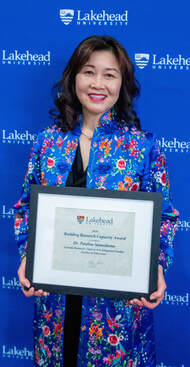 by Jan Oakley https://www.lakeheadu.ca/programs/departments/education/news/node/46396 Dr. Pauline Sameshima’s award recognizes her work over the past years in transforming the University space—quite literally—through the establishment of six art gallery spaces on campus, as well as one virtual gallery. Known as GALLERIES@LAKEHEADU, the Galleries promote University wellness by enhancing the physical environment through aesthetic and intellectual enrichment. Showcasing creative works of Lakehead researchers, students, and community artists, the galleries promote interdisciplinary research and social responsibility. Past exhibits have included projects relating to climate change, food sustainability, Indigenous knowledge, methamphetamine addiction, and dementia. The exhibitions are juried, engaging both community artists and academics and including international jurors and researchers. “Current research attests to how innovating working spaces improve happiness, productivity and wellbeing,” Pauline explains. “The galleries are intentional means to mobilize research, develop partnerships across disciplines, share research across campus, invite mingling across communities, create university community engagement, and promote and celebrate Lakehead research.” |
Authorsolspiré CategoriesArchives
June 2024
|
© 2024 Pauline Sameshima
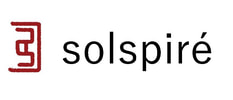

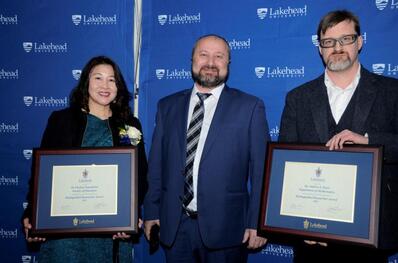
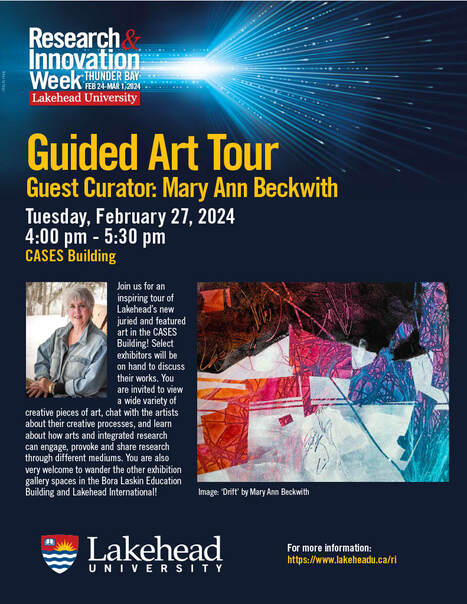
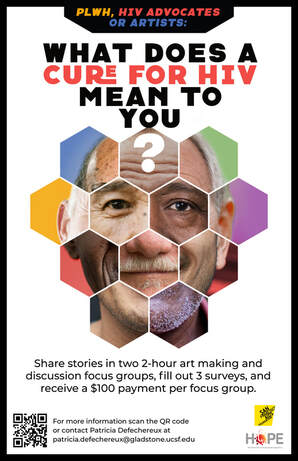
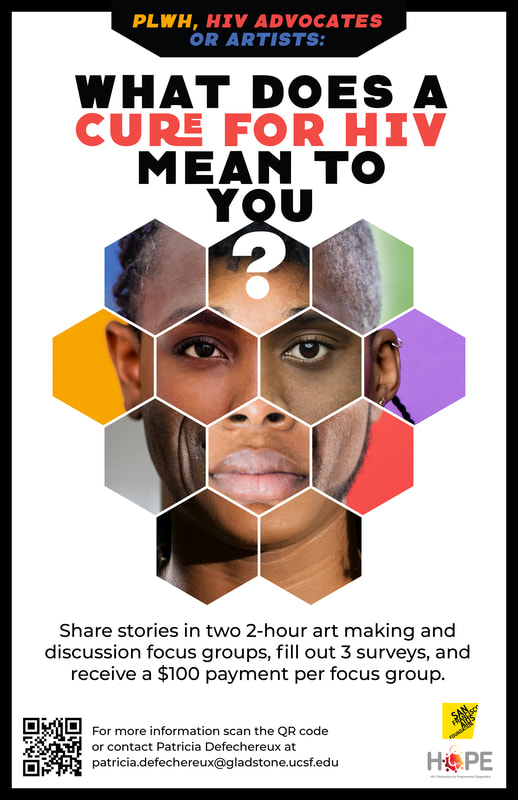
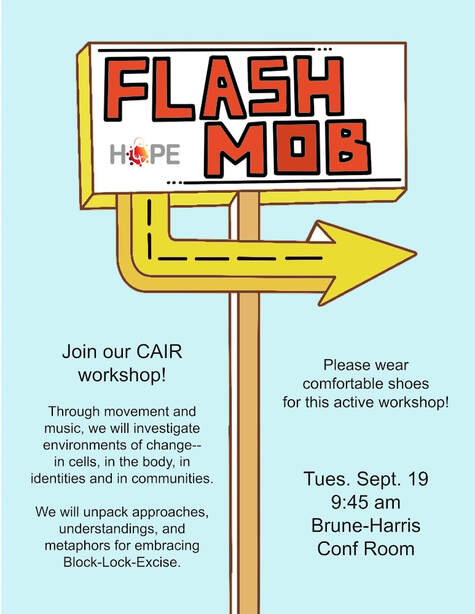
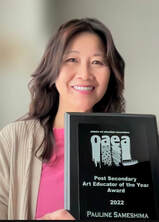
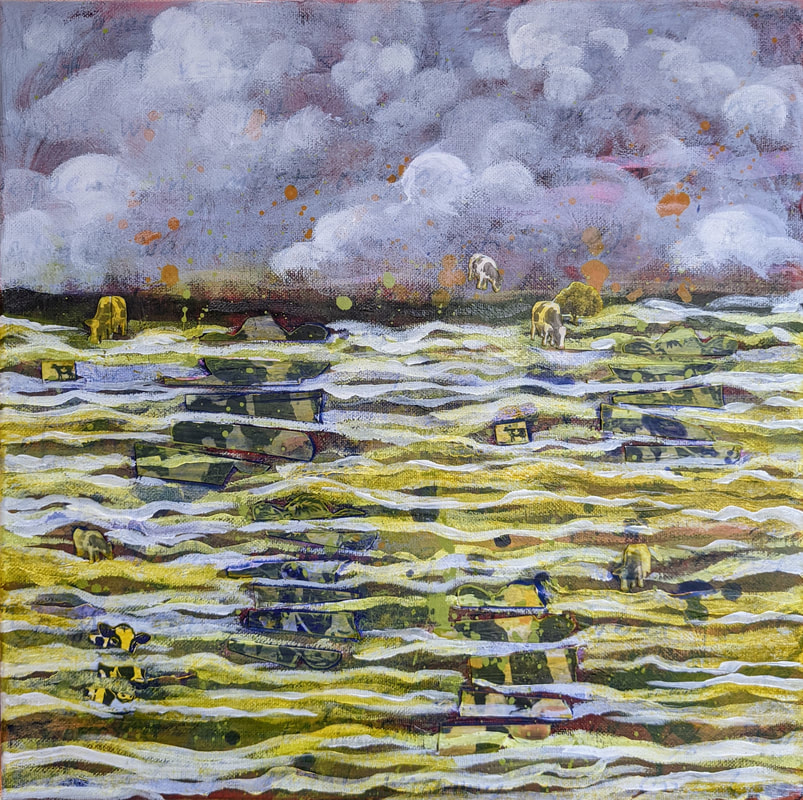
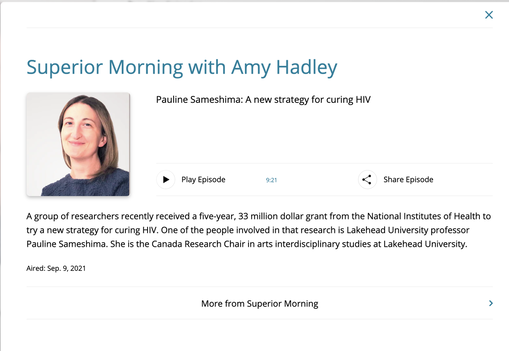
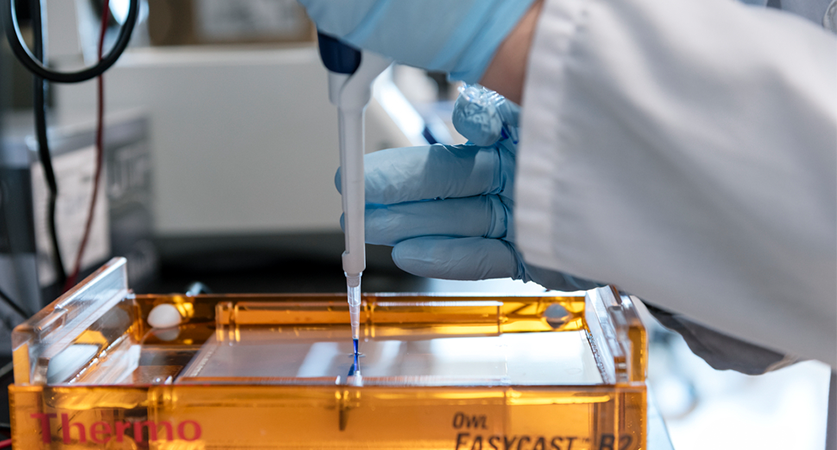
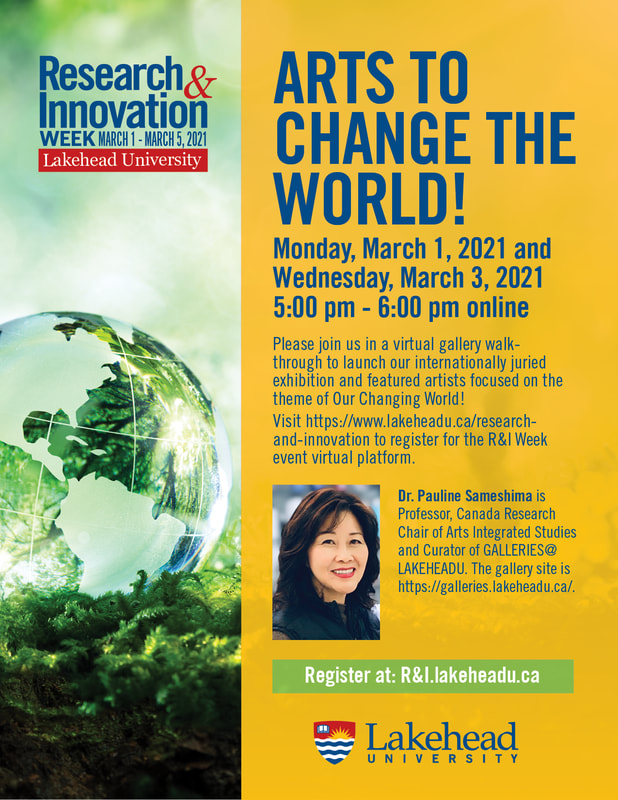
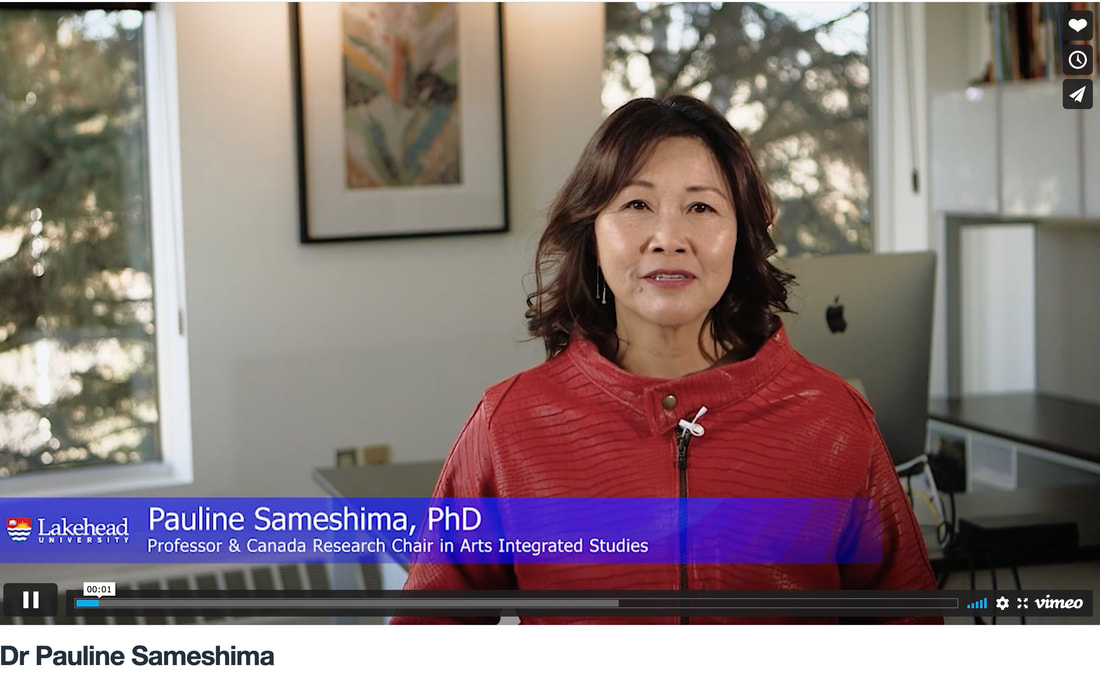
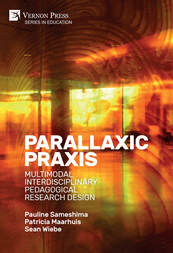
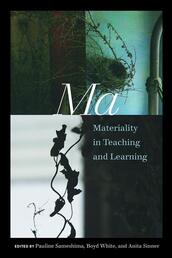
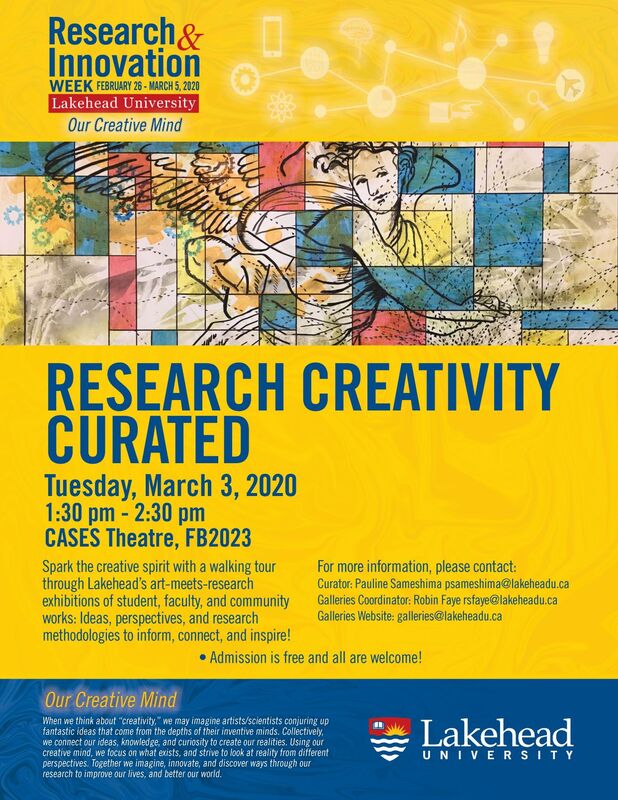
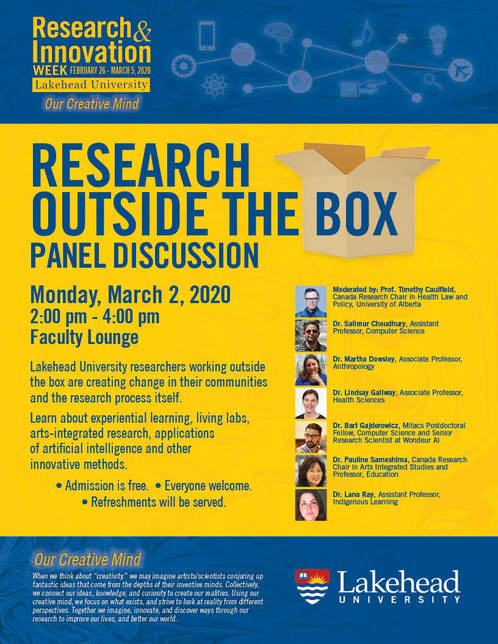
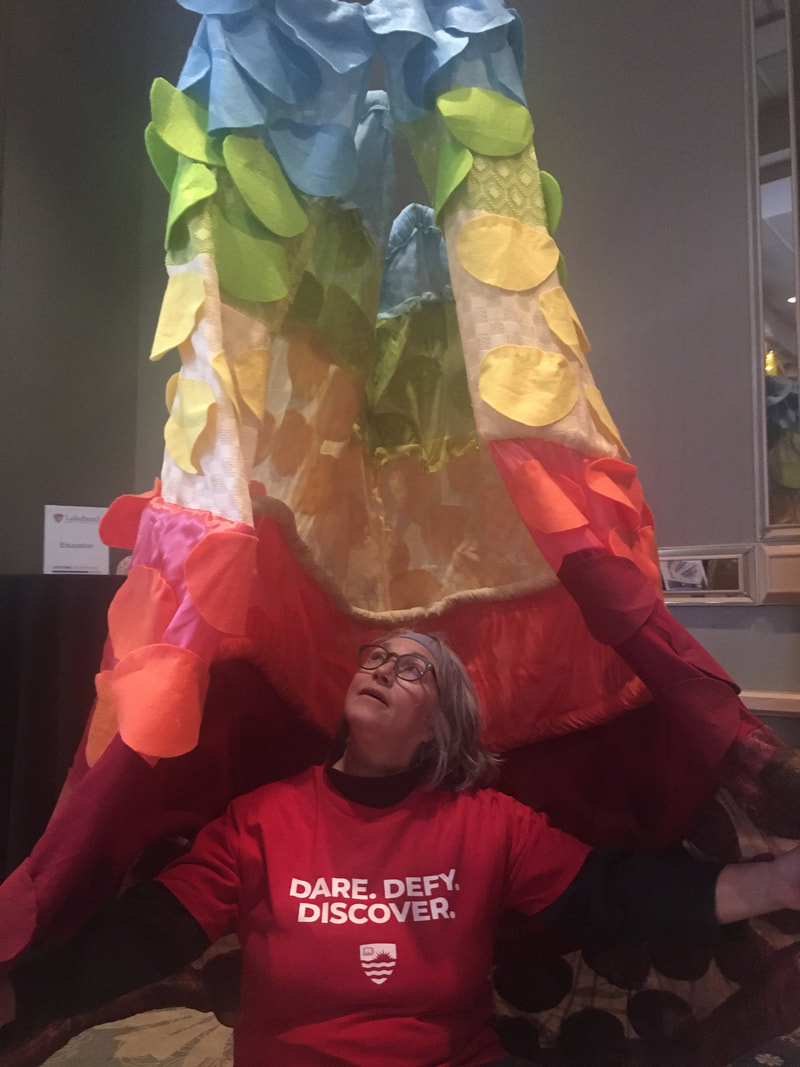
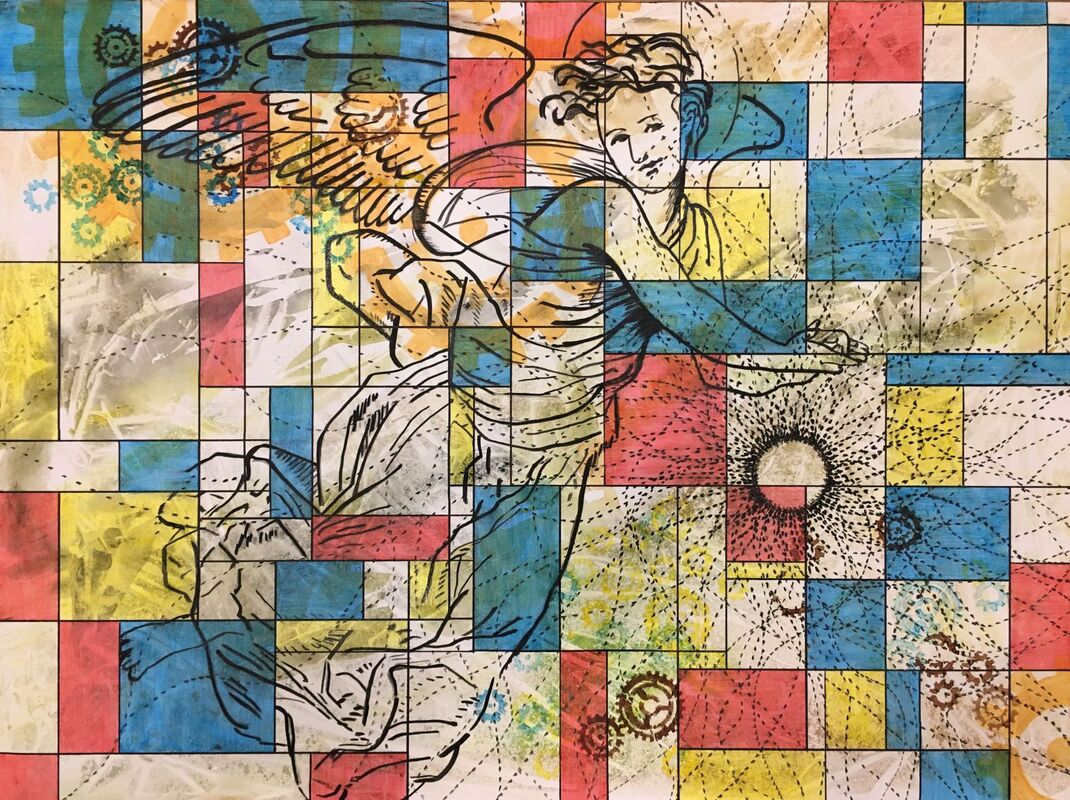
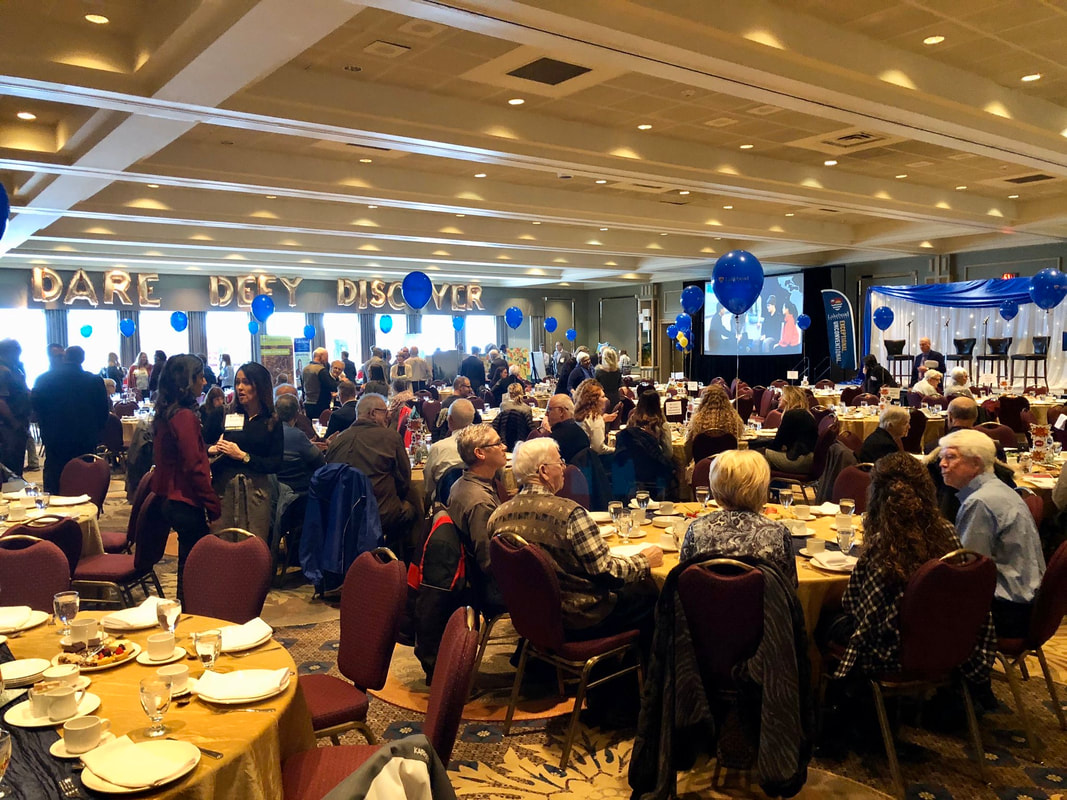
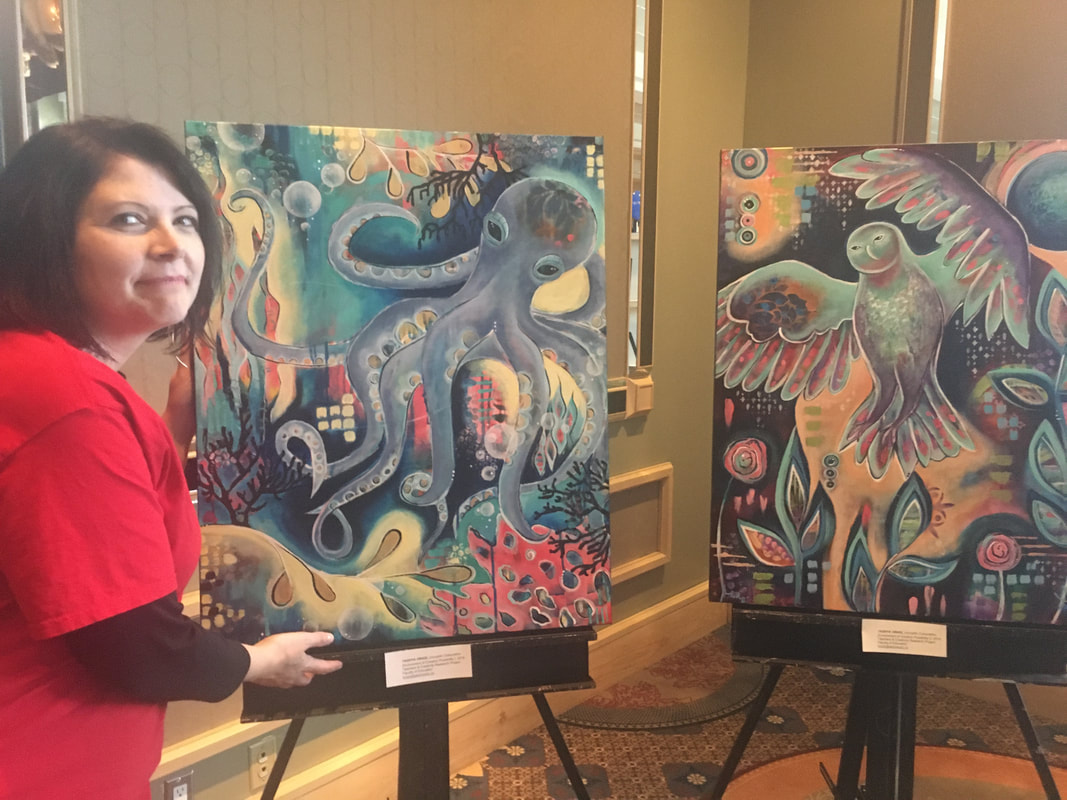
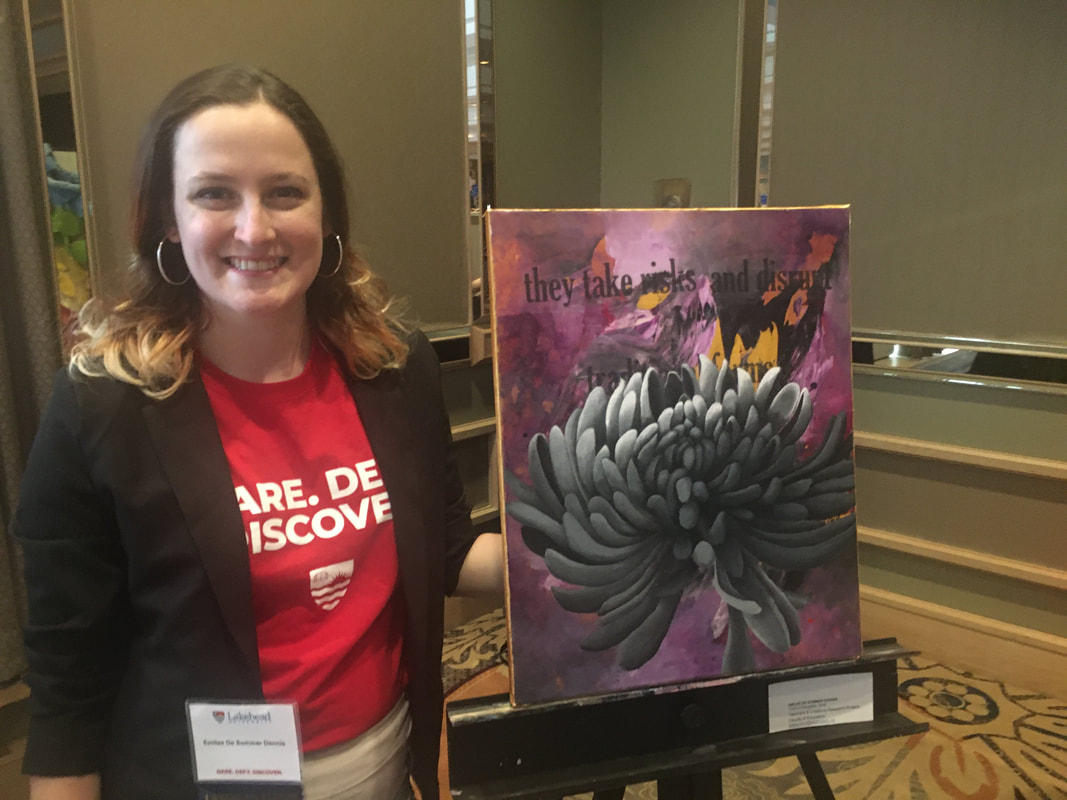
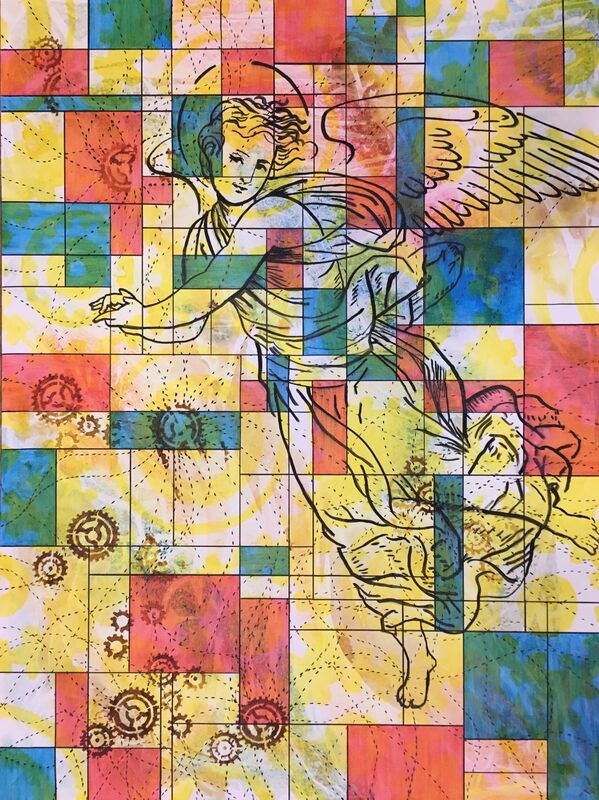

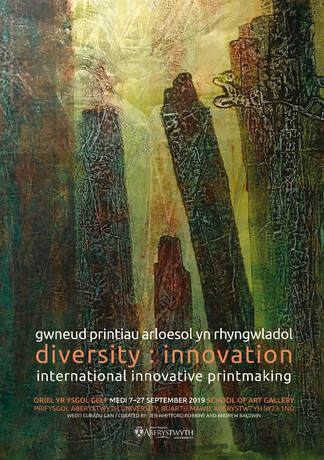
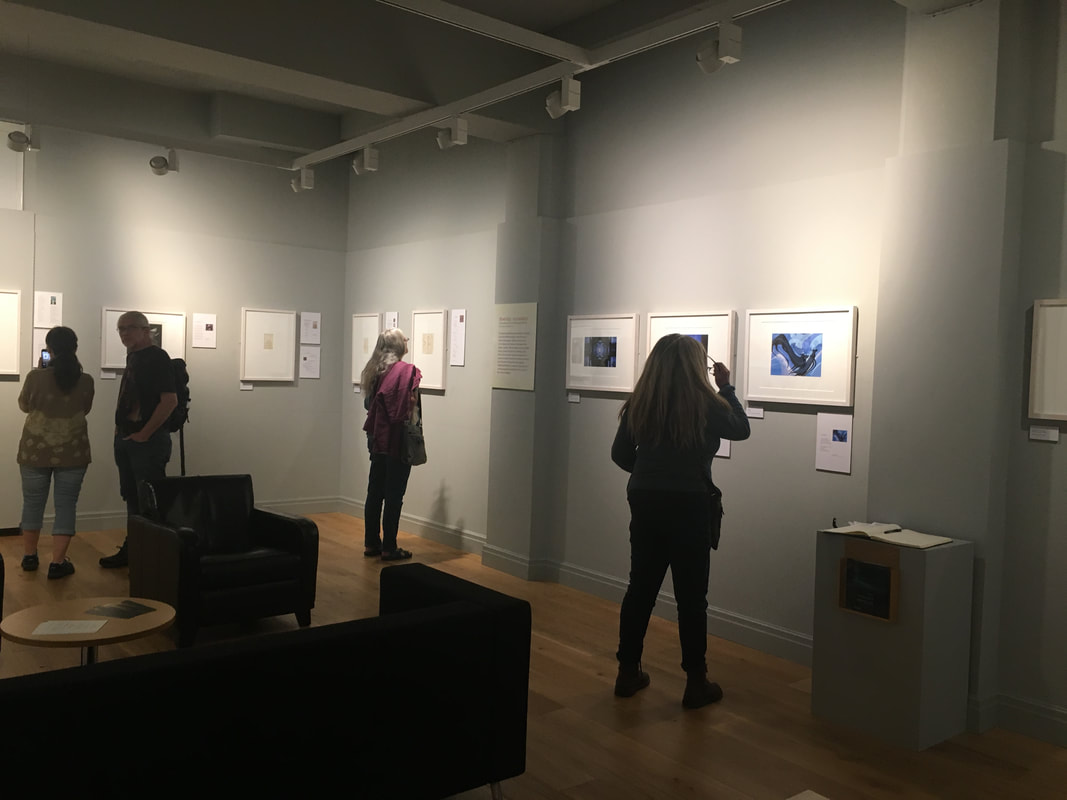

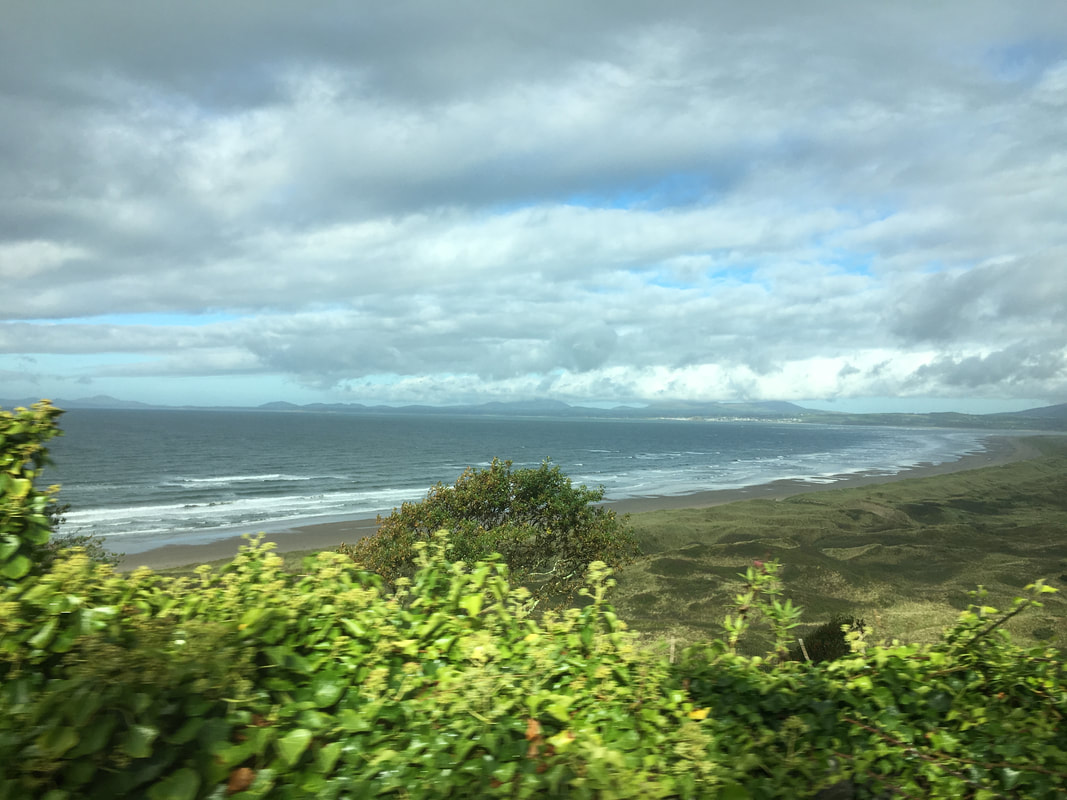
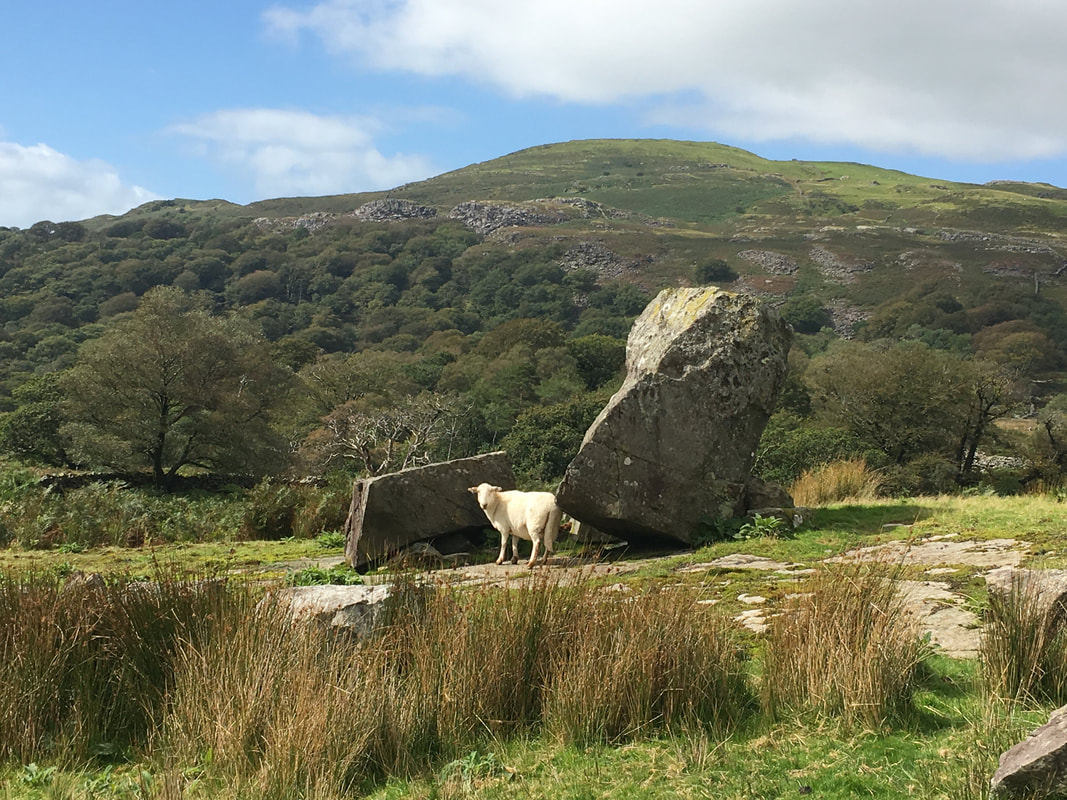
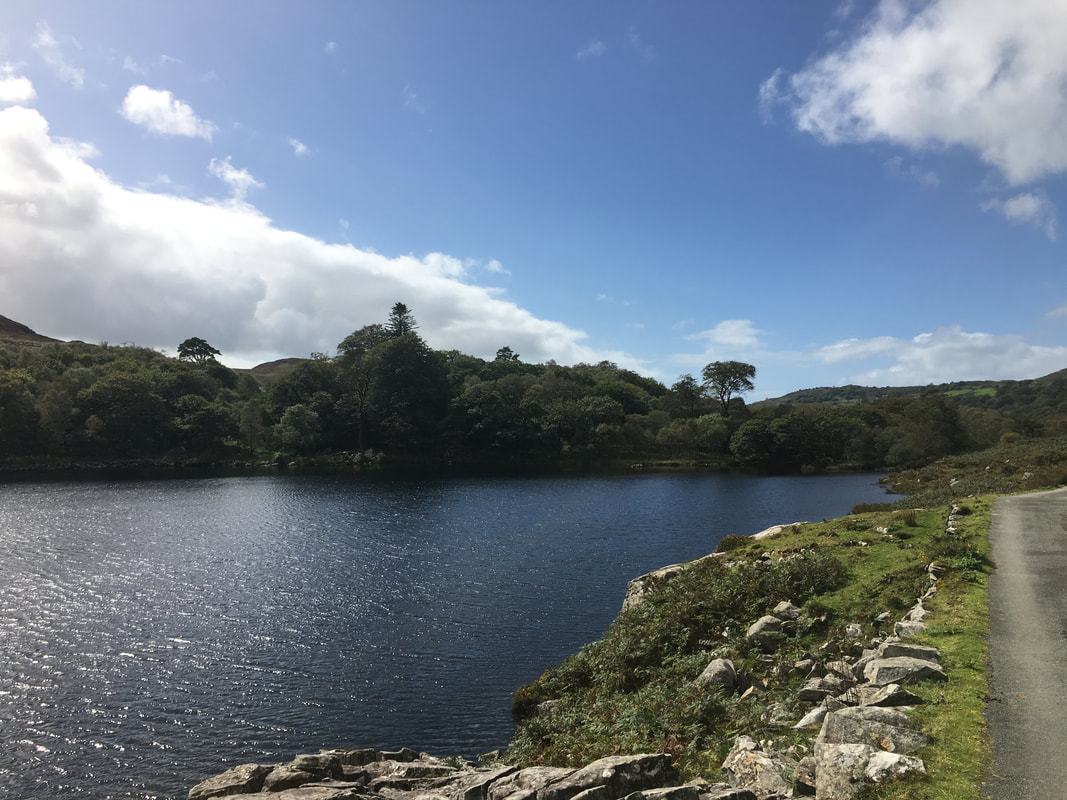
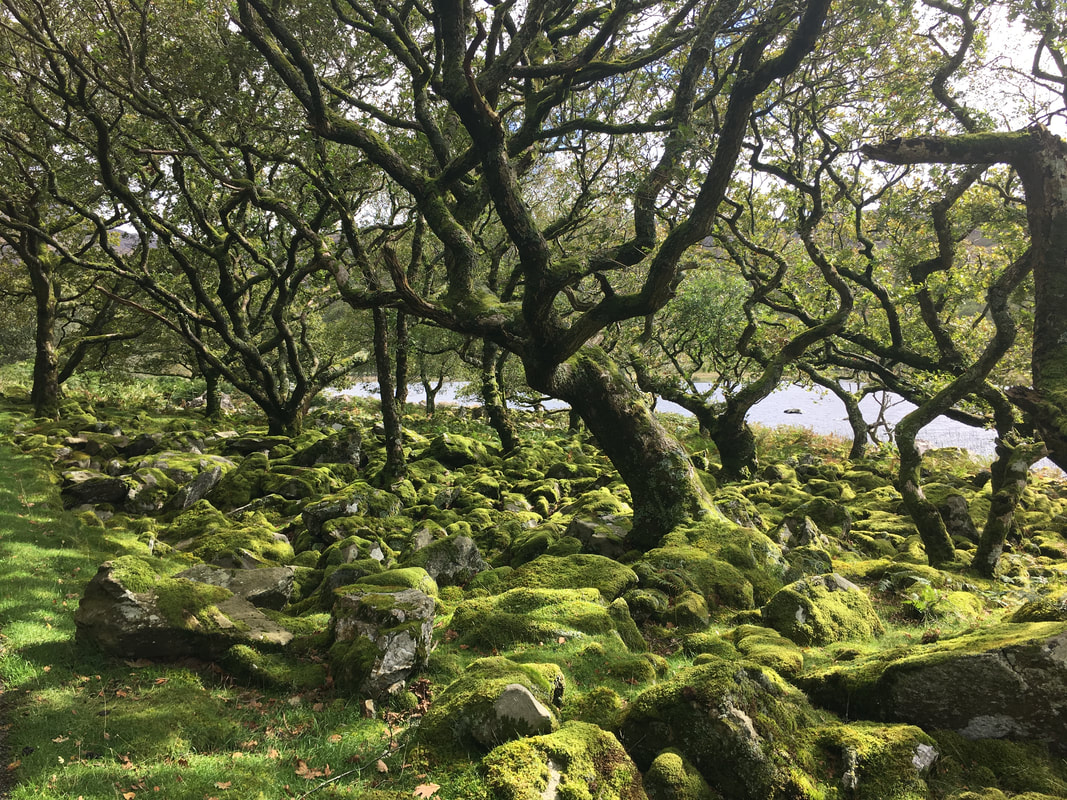
 RSS Feed
RSS Feed